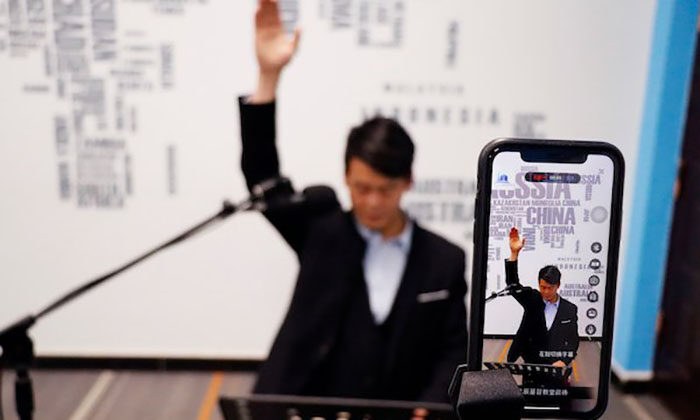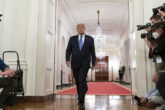
Attention has been drawn to a government agency in China that fined a Christian preacher $2,870 (approximately Ush 10,550,000) for holding an online Bible study that the officials say violated a new anti-religion law.
International Christian Concern (ICC) says that brother Zhang Wenli, in Yunnan province, was contacted by the Ethnic and Religious Affairs Bureau (ERAB) on 11, August 2020 and accused of hosting “illegal religious education training” online.
Zhang Wenli was asked to stop his activities, according to ICC. If he has any objection, ERAB said, he should submit a written appeal within three days after the receipt of the notice.
ERAB purported that the online bible study goes against Article 41 of China’s 2018 Regulations aimed at protecting “legitimate” religious activities.
China’s constitution guarantees religious freedom, but since President Xi Jinping took office seven years ago, the government has tightened restrictions on religions seen as a challenge to the authority of the ruling Communist Party.
Last year, Xu Xiaohong, head of the National Committee of the Three-Self Patriotic Movement of the Protestant Churches in China, said there were many problems with Christianity in the country, including “infiltration” from abroad and “private meeting places.”
“Anti-China forces in the West are trying to continue to influence China’s social stability and even subvert our country’s political power through Christianity, and it is doomed to fail,” he purported.
One Christian leader in China,Father Francis Liu told ICC, brother Zhang was merely holding a Bible study online but was targeted by the authorities regardless.
According to Christian Headlines, Christians in China are allowed to join government-sanctioned churches that are part of the Three-Self movement.
This is because such congregations face heavy regulations and even persecution. Reports show that millions of Chinese Christians worship in illegal house churches.
“From Wuhan, Sichuan, to Yunnan, the local authorities have been keeping their eyes on Christians, especially those from house churches. Many of their online activities were bugged and interrupted. The objective of their action is to coerce the house church members to join state-sanctioned churches,” ICC says in its report.

